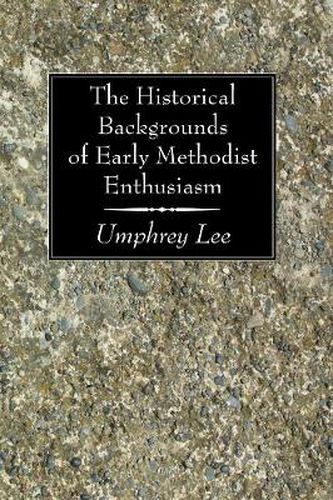Readings Newsletter
Become a Readings Member to make your shopping experience even easier.
Sign in or sign up for free!
You’re not far away from qualifying for FREE standard shipping within Australia
You’ve qualified for FREE standard shipping within Australia
The cart is loading…






This title is printed to order. This book may have been self-published. If so, we cannot guarantee the quality of the content. In the main most books will have gone through the editing process however some may not. We therefore suggest that you be aware of this before ordering this book. If in doubt check either the author or publisher’s details as we are unable to accept any returns unless they are faulty. Please contact us if you have any questions.
Does God really communicate his will to individuals, so that they receive infallible guidance in that sense which the ancient Greeks called enthusiasm? Both the Old Testament and the New maintain that the true prophets received direct advices from God, which, regardless of consequences, they were morally bound to communicate even to the skeptical among their contemporaries. The recent canonization of Joan of Arc is a fresh proof that the Catholics believe in the possibility of private revelations. Luther, Calvin and the English Reformers were hostile to those Anabaptists and others who alleged they were actually receiving new revelations; and early Massachusetts felt that the most dangerous of Anne Hutchinson’s heresies was her claim to immediate inspiration; for the motions she followed might not be those of God but the Devil. Dr. Lee sketches the belief in direct inspiration from its Hebraic and Greek roots down to the time of the French Prophets who amazed London. Early Methodism arose in such an atmosphere. He has, therefore, examined the early records of the Methodist movement and gathered evidence from its friends and from its enemies to answer the question: How far did some of the early Methodists believe that they were directly moved by God?
$9.00 standard shipping within Australia
FREE standard shipping within Australia for orders over $100.00
Express & International shipping calculated at checkout
This title is printed to order. This book may have been self-published. If so, we cannot guarantee the quality of the content. In the main most books will have gone through the editing process however some may not. We therefore suggest that you be aware of this before ordering this book. If in doubt check either the author or publisher’s details as we are unable to accept any returns unless they are faulty. Please contact us if you have any questions.
Does God really communicate his will to individuals, so that they receive infallible guidance in that sense which the ancient Greeks called enthusiasm? Both the Old Testament and the New maintain that the true prophets received direct advices from God, which, regardless of consequences, they were morally bound to communicate even to the skeptical among their contemporaries. The recent canonization of Joan of Arc is a fresh proof that the Catholics believe in the possibility of private revelations. Luther, Calvin and the English Reformers were hostile to those Anabaptists and others who alleged they were actually receiving new revelations; and early Massachusetts felt that the most dangerous of Anne Hutchinson’s heresies was her claim to immediate inspiration; for the motions she followed might not be those of God but the Devil. Dr. Lee sketches the belief in direct inspiration from its Hebraic and Greek roots down to the time of the French Prophets who amazed London. Early Methodism arose in such an atmosphere. He has, therefore, examined the early records of the Methodist movement and gathered evidence from its friends and from its enemies to answer the question: How far did some of the early Methodists believe that they were directly moved by God?